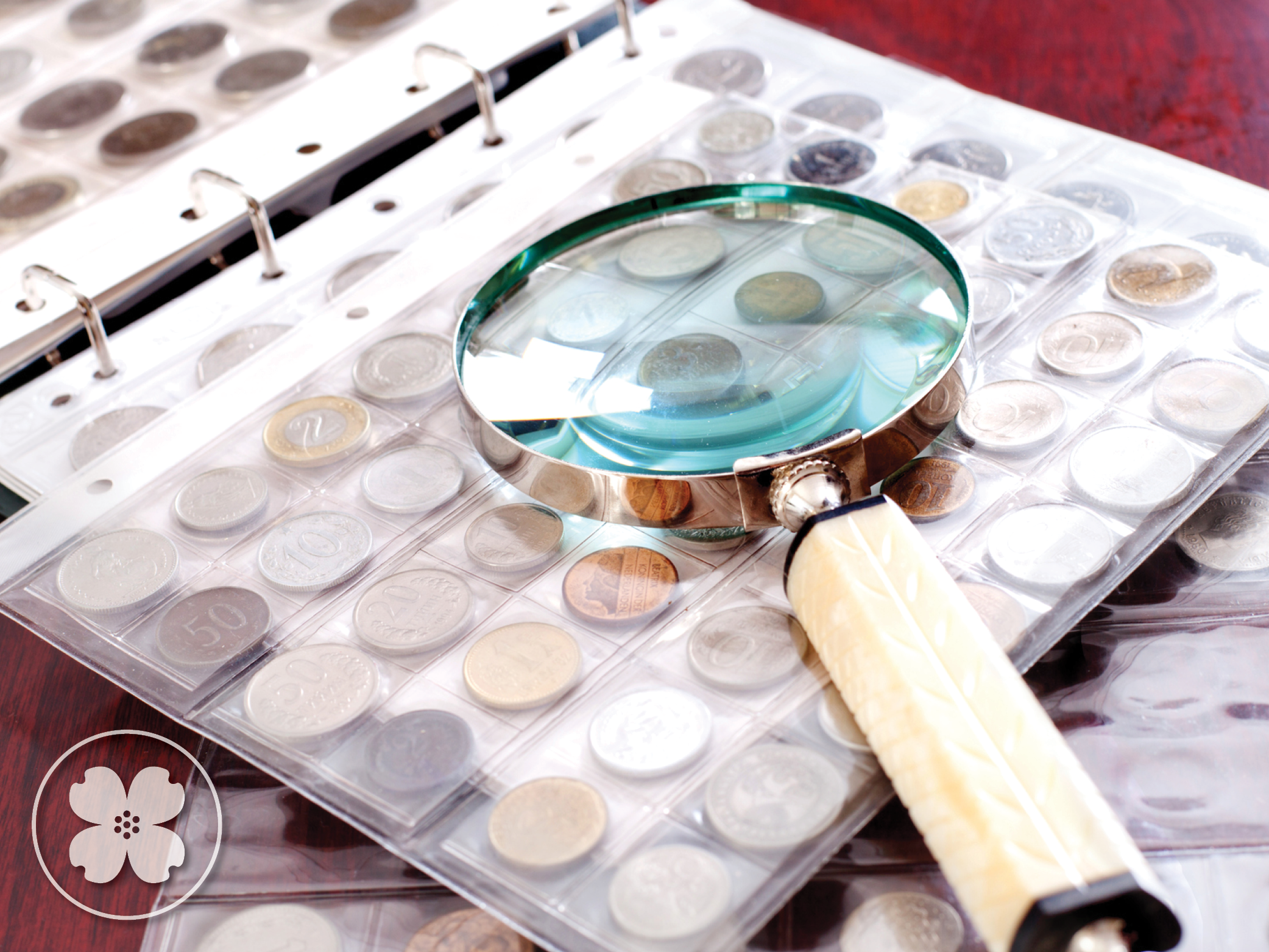For automotive enthusiasts, collectible vehicles often reflect a deep sense of history and personal legacy. From classic muscle cars to modern performance icons, thoughtful estate planning helps ensure these prized assets are protected, properly valued, and passed on according to your wishes.

You’ve got your estate plan in order. Your house, vehicles, bank accounts and investments have the desired titles and/or beneficiary designations, but what happens to your stuff? And by “stuff,” we’re talking – generally – about tangible personal property (household goods, furnishings, collectibles, jewelry, etc.). If you haven’t made any specific bequests in your estate plan or signed and dated a personal property list, your trustee, personal representative, or loved ones will what to do with these items.
Of course, you can aid the process while you’re living by giving sentimental items to family, selling valuable items, and decluttering as much as possible. Whether you handle it yourself or leave it to others, each approach has its pros and cons.
Auction
- Pros: You can quickly dispose of nearly everything within a few hours, and competing bids may exceed your expectations. Additionally, you won’t have to worry about negotiating lower prices, as you can set minimums (reserve prices) to ensure the auctioneer doesn’t sell items below your desired value. If your estate isn’t large enough for its own auction, it can be combined with other estates for a sale.
- Cons: You’ll need to interview and hire an auctioneer. Additionally, there’s a risk of potentially selling something valuable for a low price, which is why it’s important to see if the auctioneer can help you appraise the items before the auction.
Estate Sale
- Pros: You don’t have to move the items out of your home, including heavy furniture. The sale typically lasts a few days, increasing the likelihood of sales. Estate sellers negotiate the prices with buyers on your behalf.
- Cons: The public comes to your residence which increases liability exposure and potential damage to your home. Items that don’t sell will need to be disposed of in some manner.
Online Marketplaces
- Pros: You have several options to choose from, including various online platforms. These platforms allow you to reach more buyers, offer various payment options, and sell quality items at higher prices without needing to organize everything.
- Cons: Some marketplaces charge commission, and payments are not received immediately as they go through the website’s buying channels. It’s important to take extra precautions to protect your personal information and limit communication to the online platform. If you’re meeting someone locally, choose a public place, bring someone with you, schedule meetings during daylight hours, and stick to cash transactions.
Garage Sale
- Pros: You have no added expense of hiring an auctioneer or estate sale professional. You pick the location and organize and price all items.
- Cons: You oversee every detail of the sale and could price some items too low. If you’ve got stuff leftover, auctioneers and estate sale companies are not likely to take the items off your hands.
Disposal Services
- Pros: Professional companies can help in short timeframes, when conditions are unsafe, unfavorable or if you’re not physically capable of moving everything.
- Cons: Not all companies have employees with the expertise to keep an eye out for valuable belongings or care about donating or recycling items. Some may not respect the estate or environment they’re in. Be sure to set your expectations before they get started.
If you’re looking for local resources to help you declutter or you want Central Trust Company to assist your family upon your passing, please contact us to start the conversation.


